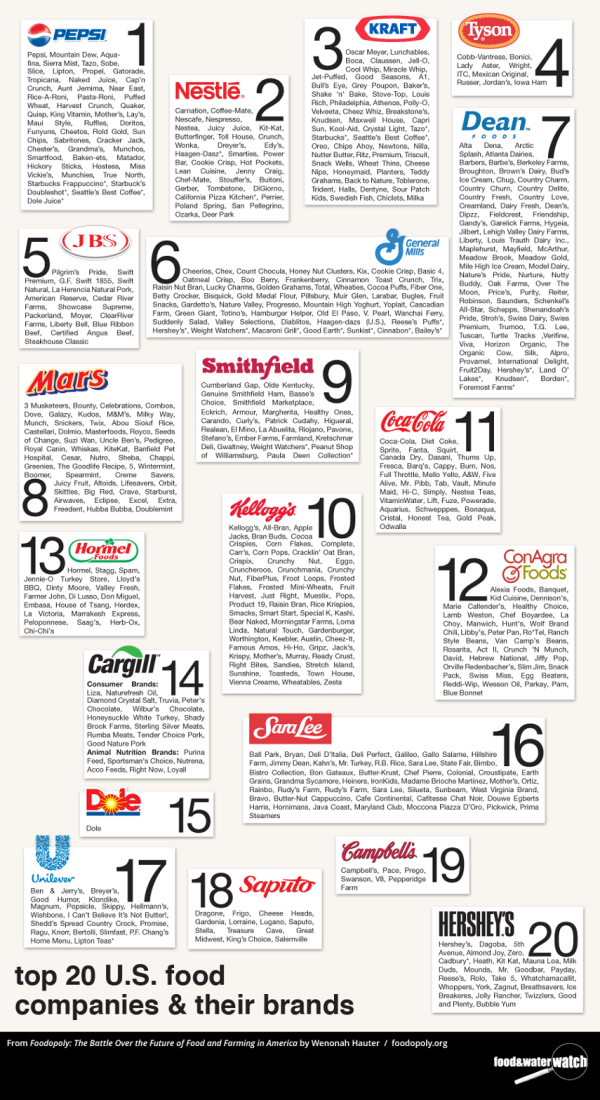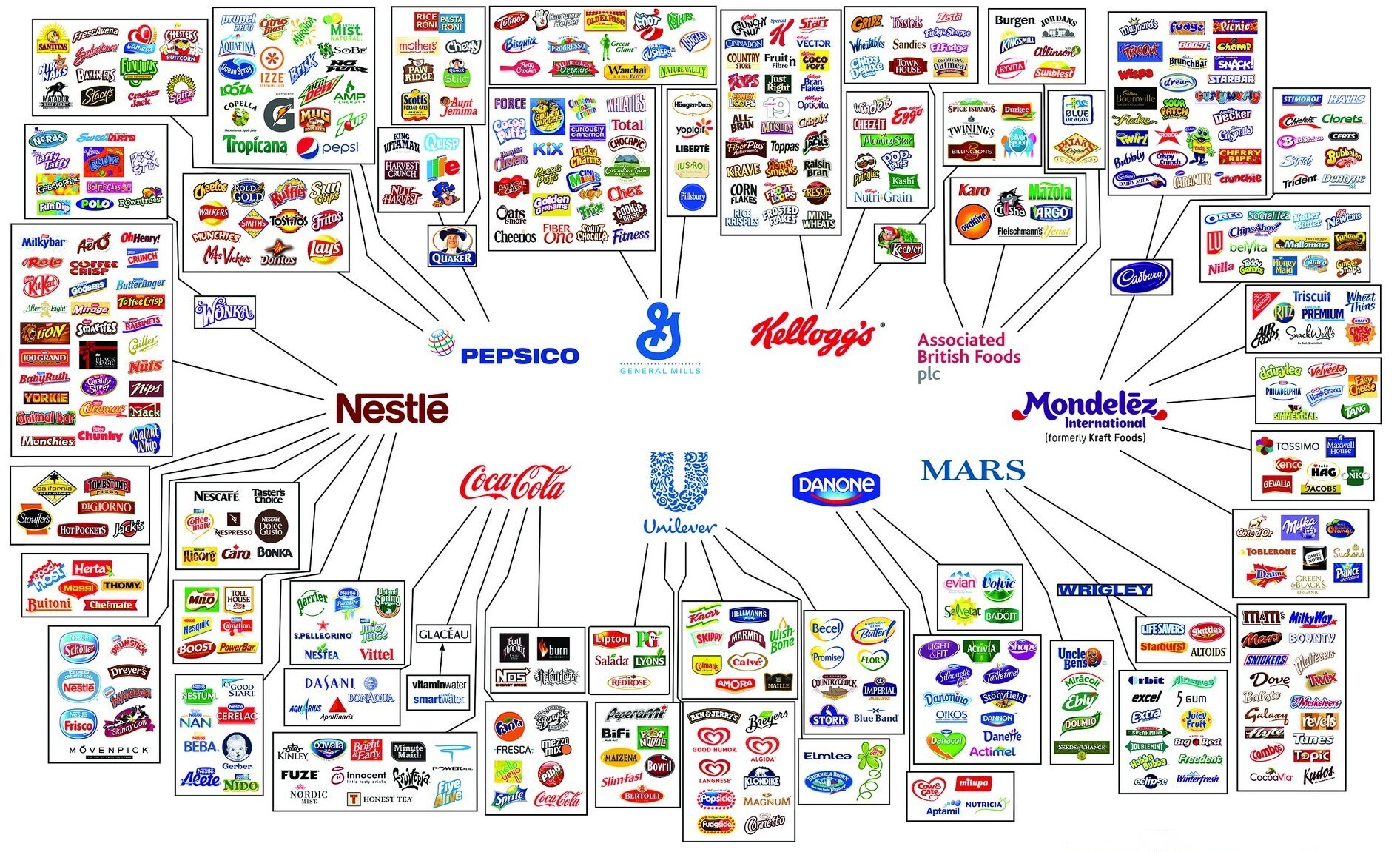We are on the exact same wavelength
- 0 Posts
- 22 Comments


That’s awesome! Glad to hear that silver lining.


After reading the article, I’m left wondering how US food waste breaks down between originating from individual households vs grocery retailers, commercial retail food/restaurants and ag suppliers.
It’s been a while, but I remember reading about how there’s little incentive (maybe it’s even prohibited?) for retailers to send reject and expiring food to food banks instead of throwing it out. I feel like this should be more of a concern considering the demand to food banks is probably going to increase rapidly while funding and donations will likely decrease with the current economic turmoil.
I suspect we could curb a significant amount of food waste by creating a pathway to divert food waste instead of disposing it outright. Of course, such pathway would need to meet food safety standards while providing a clear regulatory framework to address liability and logistical aspects to make it more profitable to divert vs dispose.
Anyone from outside of the shithole have any input on how this works in your country?


Spending a shitload of time on here bitching that other people aren’t resisting the way they want apparently.

Yeah, this combined with a projected 25% sales price increase in the US is genius. Vehicles will be hard to sell inside the US, too.


Right, I think it’s maybe representing the 20 highest grossing food brands in the US, whether they’re US companies or not.



Edit: I’m on mobile and can’t tell if this uploaded blurry or not (looks kinda rough to me). Here’s the source.


Here’s one with images (not 100% US specific):



Yup, stands for community supported agriculture. They’re often called co-ops or farm shares, but I think CSA is the industry term that you’ll have most luck with when searching around online.


You could try researching CSAs in your area. There are a few near me that sell farm shares with weekly pickup of seasonal veggies during harvest season. I’m in northern California, and our rate is under $20 per week after we split it with another couple. We usually receive more veggies than we would buy during a weekly grocery store trip, plus our farm let’s everyone pick fresh bouquets each pickup as a nice bonus.


I’m no expert, but wouldn’t the tariff apply to the targeted good no matter which state it’s finished in?


Dude could foot the bill to end world hunger. Doubt either would happen anytime soon. The last charitable thing I can remember him doing was offering that dumbass submarine in the Thai cave rescue before calling the actual rescuer a pedo.
Wasn’t Samsung caught faking hi-res moon photos?


One follow up question would be: are Russia’s nukes maintained well enough to be functional?


Holy shit, I totally forgot about that lmao


Interesting, thanks for the context. I don’t know anything about asphalt, but if it didn’t cause any health or safety issues I’d place it on the innovation end of the spectrum. I’d be interested in things like how the spent diesel fuel was disposed of and if any petro chems would leach into stormwater from asphalt made this way.


The water characteristics you’re worried about sound like aesthetic problems, which might be displeasing but pose no real health risks. These vary significantly between public water systems. If the system pulls from surface water, the water might need more treatment in the dry season since contaminants concentrate in surface waters more that time of year. I’m lucky to live somewhere that has no noticeable taste/odor/color issues. For places that do, you should be able to drink it from tap without issue, but it might taste/smell better if you run it through a filter or even just let it sit in a pitcher in the fridge.
If a municipality were to cut corners with their water treatment in a similar way to the asphalt plant you mentioned (which sounds kinda shady btw), people would get sick and potentially die. Most municipalities are very risk averse and take liability seriously to avoid litigation/losing money. So, it’s not impossible, but I think it’d be unlikely for a city to skimp on water treatment just to save a few bucks. Water treatment facilities are also required to constantly test for things like pH, turbidity, and chlorine residual and report to the state, so it’s not as simple as hiding things from an inspector the day of.


Makes sense, that’s where my local NIMBYs hang too.


Hi-Fi Rush has a kinda indie vibe. Tango Gameworks studio isn’t huge, but they’ve made fairly well known AAA survival horror games. HiFi is more narrowly focused but still published by Bethesda/Microsoft.